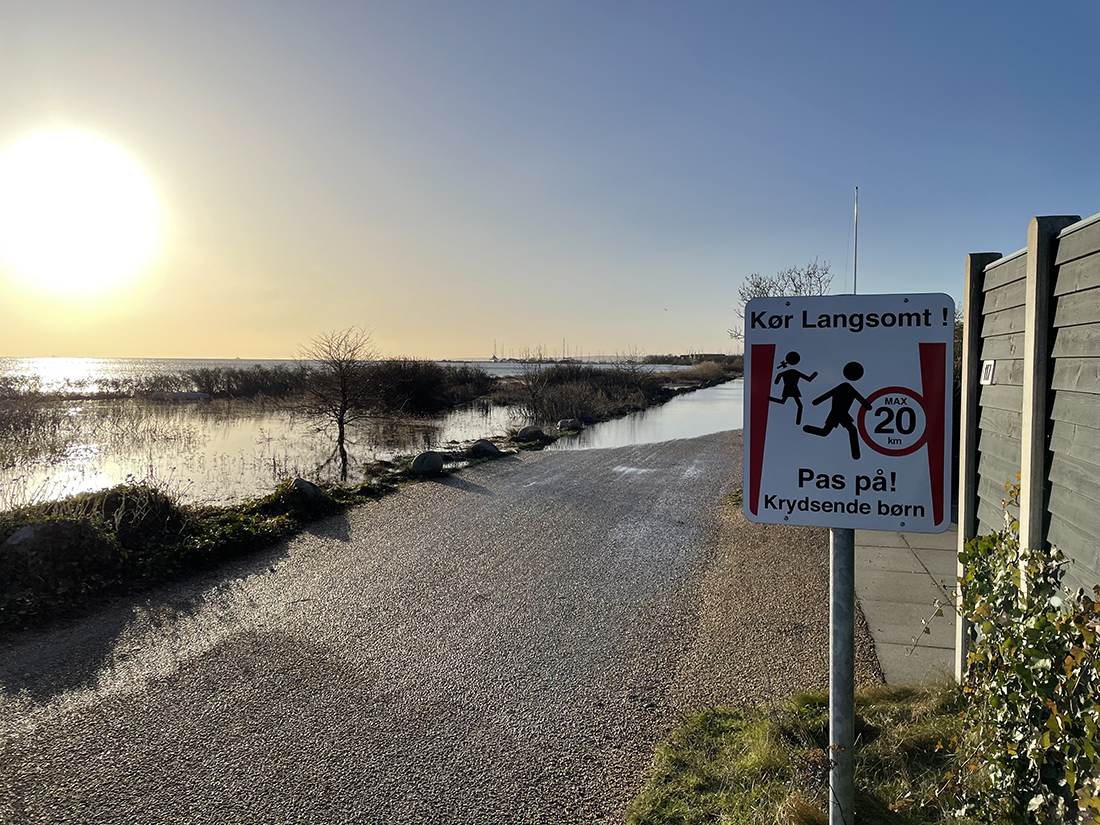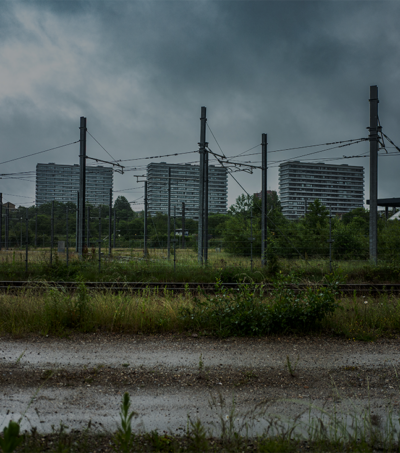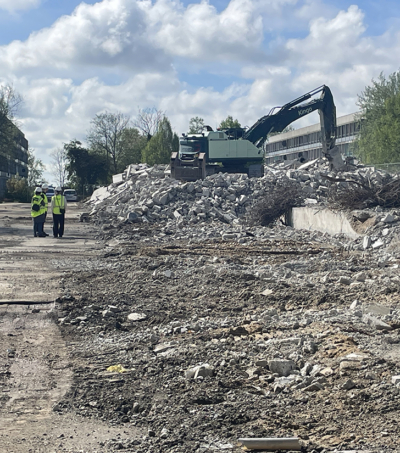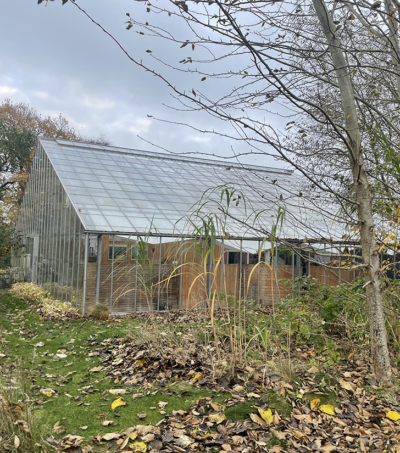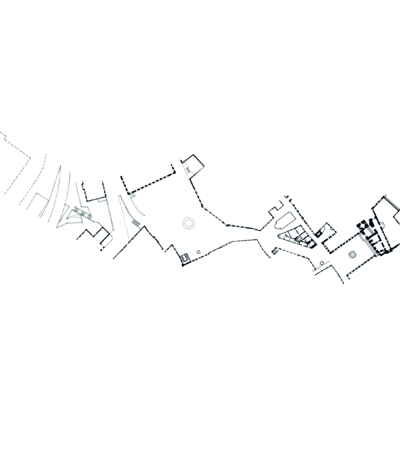LAVA – Landscapes and Water as a Driver of Adaptive Planning is a research project that examines the pressing challenges for our urban and rural areas that result from climate change in depth. Global climate change will have serious consequences in the form of sea level rise, more frequent flooding events, rising groundwater levels, and increased precipitation. This is the backdrop for our urgent need for new knowledge and new approaches to urban and landscape planning capable of handling these changes in ways that are holistically oriented and sustainable.
We need flexible and adaptable practices in planning that can adapt to the uncertainties inherent in climate change without losing sight of the overall visions. This is a complex task. And it will require the ability to manage water from all sources and involve many types of professional knowledge, many stakeholders, and many policy areas. For this reason, the starting point of LAVA is to establish partnerships and collaborations capable of operating across scales, time, and levels of planning.
Based in the concept of ‘catchment neighbourhoods’ – whose common framework is water – LAVA is going to examine how we can mitigate the uncertainties resulting from climate change over time. The project raises the questions of where it would be expedient to build in the future, how existing urban areas can be transformed in an expedient manner, which alternative land uses might generate value and added value, and how we might integrate human beings and other species.

